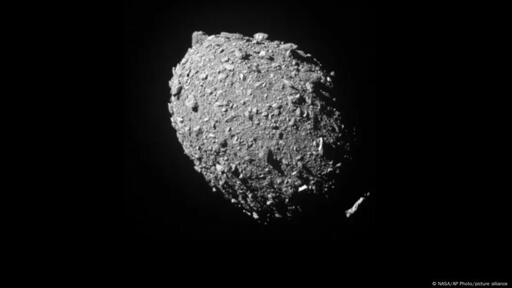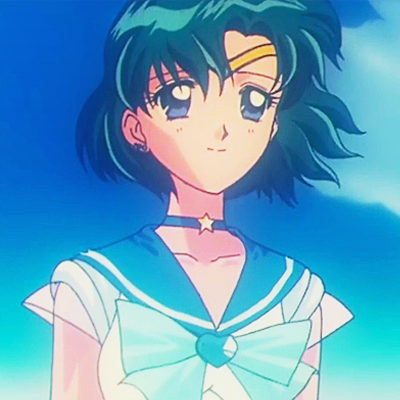Summary
NASA has lowered the estimated risk of asteroid 2024 YR4 striking Earth in December 2032 to 1.5%, down from 3.1% a day earlier. The European Space Agency’s (ESA) estimate stands at 1.38%.
The asteroid, 40-90 meters wide, could cause significant city-level destruction but not a global catastrophe.
The projected impact corridor spans the Pacific, South America, Africa, and South Asia.
NASA also estimates a 0.8% chance of the asteroid hitting the Moon.
So you’re tell me there’s a chance?
Sure hope so!
Relevant username
I’m a Powerball man…
Those are great odds!
Bets on it being totally ignored by the world if it turns out to be aimed at Africa?
Africa actually does seem to be the most likely impact if it were to hit. The predicted impact would be along the equator.
The way the world is going, it might not be a bad thing if it hits us.
Is this the new seven minutes to midnight? We’re 1.5% to asteroid.
The global astronomical community expects the odds of an asteroid to hit Earth in December 2032 to eventually fall to zero.
I love how they make it seem like some insider expertise versus knowing basics of how percentages work.
I mean, without knowing what the number represents, it’s not obvious why it goes up and then suddenly drops like this.
They basically predict a cross-section of places it could go through, which shrinks with improved data. If the Earth is still inside, that makes it’s share go up. Eventually, it hits an edge and the share drops to zero suddenly
Just give us the confidence interval and stop updating. We will know better in January 2029 once it has passed by and been tugged by our gravity and the moons.
Please
🙏🙏🙏
Giant Meteor for Earth President 2032!
Why wait? The best time would have been the dawn of civilization. The second best time is now.
Boourns!
Everyone hoping there’s still a chance, you need to remember… this is only a city-killer asteroid.
We need to hope for a much bigger asteroid.
If the alien movies serve us correctly, this is luckily going to hit the USA; possibly Washington DC directly.
If it hit the middle of the ocean, it could be cool and nothing else.
Would have been funny if it hit Buenos aires
As long as it falls on the right city, it would do the entire world a massive, once in 500 years favor.
There would be enough warning to get people out of the city.
Washington D.C. I hope.
If it does, I think a bunch of new religions are going to pop up.
Unfortunately North America doesn’t fall under the possible impact zone
More proof that there’s no god.
We have a few years to improve our asteroid deflection capabilities to change that
Damn
Well, that’s disappointing…
I feel like hitting the moon could fuck us up even worse long term, with effects on the ocean?
Well we’d lose the tides, which would devastate ocean life. We’d lose moonlight, which would devastate nocturnal animals. The axial tilt would change, so seasons would become more even, devastating plants that rely on seasonal cycles, or become more extreme, devastating everything.
The book Seveneves explores this scenario, but is mostly about how humanity moves to space to survive.
The moon would shrug that rock off without noticing. Any changes in measurements (mass, velocity, etc.) would be minuscule.
Here’s the upside: new species will evolve that can take better advantage of the new environment.
Could it even completely obliterate the moon? Just not being tidally locked would be awful, but completely changing its trajectory/orbit and probably fuck up our atmosphere with debris seems more likely
It’s probably not big enough to shatter the moon, but enough to at least alter its orbit. I’m not enough of an astrophysicist to say how much. I haven’t looked up the forces involved, so I can’t even give a ballpark estimate.
It technically would alter the moons orbit, but not by a lot. This asteroid would impact with roughly the energy of a nuclear bomb, which sounds like a lot, but on the scale of our moon it’s negligible.
A rough estimation given my limited understanding of physics is that to change the moon’s orbit by 1 m/s, you would need to impart something like 10²² joules of energy into it. Wikipedia says that if this asteroid hits the moon, the impact energy will be around 10¹⁶ joules. I don’t know how much you know about exponents, but 10¹⁶ is approximately 0% of the way to 10²², and that’s just change of 1 m/s
Of course, someone who actually understands physics is free to correct me if I’m wrong
Much much much much larger objects have hit the moon in the past
What do we need to get this to %100?
It’s probably made up of dense materials like iron. Let’s pile all the earth’s magnets at the White House!
I’ll give mine, as long as someone helps with the shipping!

















